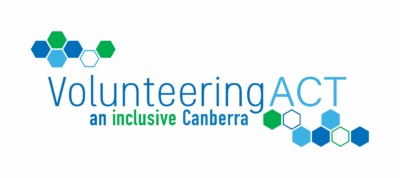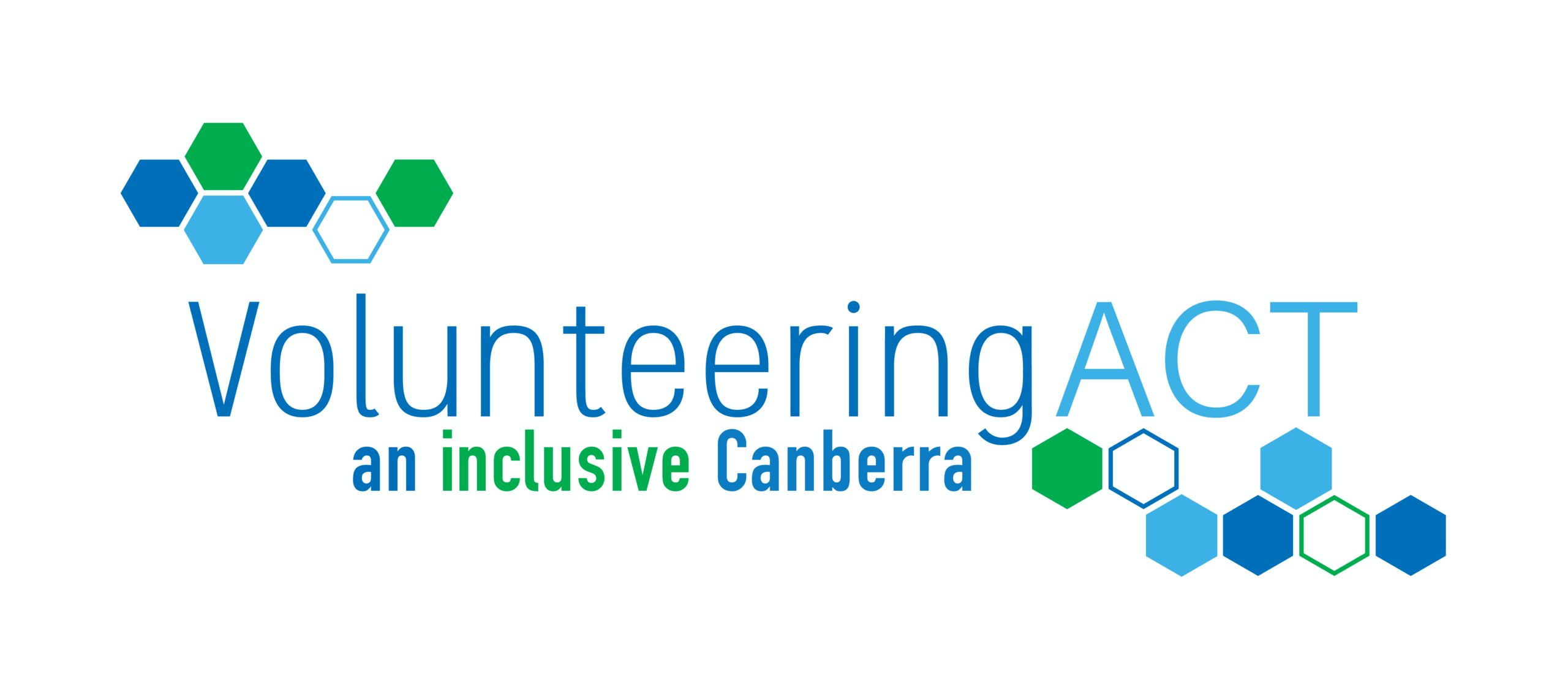If a volunteer creates new intellectual property (IP) such as content, a logo, photographs or videos, the law will likely consider that this IP belongs to that individual, not to your organisation. It is therefore recommended that the ownership of any intellectual property is made clear prior to the commencement of relevant volunteering roles and is included in the volunteer agreement.
Volunteers are not usually covered by workers’ compensation insurance, and this could severely impact them if they are injured or fall ill while volunteering. We recommend that all volunteer involving organisation have adequate insurance in place to protect their volunteers.
Justice Connect offer some useful information about insurance and risk.
Generally, age isn’t a barrier to volunteering, but some organisations have restrictions on volunteers under the age of 18. These restrictions usually depend on the roles that volunteers are undertaking and any associated risk. Lower age limits may also be dictated by your organisation’s volunteer insurance.
If your organisation involves young volunteers, you should ensure that the tasks are suitable for their age and that they are adequately supervised. We also suggest making enquiries with your insurer on any age limitations of your insurance policy.
A volunteer agreement is a document that establishes the roles and responsibilities of the volunteer and your organisation, and may include references to relevant policies such work, health and safety and reimbursement of out of pocket expenses.
View a sample volunteer agreement created by Justice Connect
Our volunteering portal provides member organisations with a way to list volunteering opportunities and a way for prospective volunteers to find a suitable volunteering role.
A written volunteer position description is an organisation’s most valuable tool for sourcing and recruiting suitable volunteers.
View our free guide Designing Volunteer Roles: A Practical Guide for more help.
Understanding the difference between paid and unpaid work is important because legal entitlements and obligations can vary. Paid and unpaid work is governed by the Fair Work Ombudsman, with volunteering being one form of unpaid work.
It is against Fair Work regulations for an organisation to replace paid employees with volunteers. However, volunteers can be involved in meaningful roles that add value for the organisation, the volunteer, and the community.
For more information on the differences between paid and unpaid work view the Fair Work Fact sheet.
View our free guide Designing Volunteer Roles: A Practical Guide for more help.
The National Standards for Volunteer Involvement (2015) were developed by Volunteering Australia in consultation with the volunteering sector and are recommended as a best-practice guide for volunteer involvement.
We deliver workshops on implementation of the National Standards for volunteer-involving organisations. View our events and training calendar for the next workshop.

